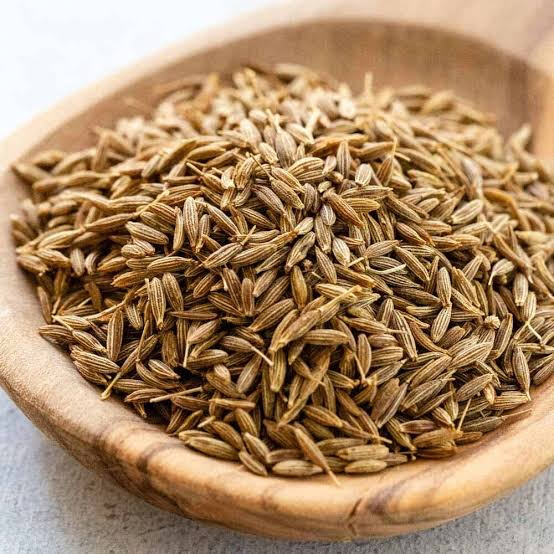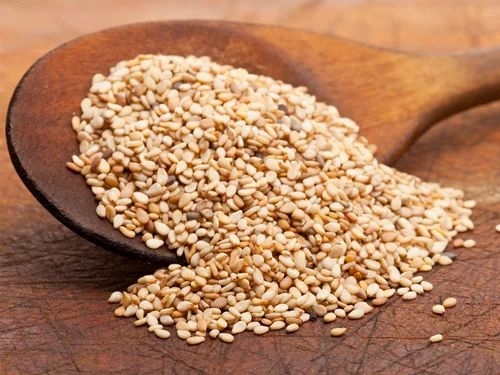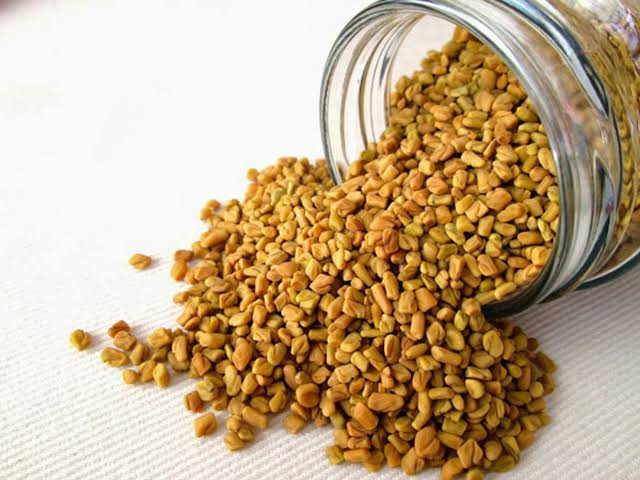The Spice of Health: Exploring the Medicinal Uses and Health Benefits of Cumin
Cumin, scientifically known as Cuminum cyminum, is an aromatic spice that has been cherished for its culinary and medicinal properties for centuries. This humble spice, often used to add flavor to a wide range of dishes, offers a treasure trove of health benefits and medicinal uses. In this blog, we'll delve into the various ways cumin can promote well-being and why it deserves a prominent place in your kitchen and medicine cabinet.
1. Digestive Aid
One of the most well-known medicinal uses of cumin is its role in aiding digestion. Cumin contains compounds that stimulate the production of enzymes and bile in the digestive tract, helping to break down food more effectively. This can alleviate common digestive issues such as bloating, gas, and indigestion. Simply adding a pinch of ground cumin to your meals can make a noticeable difference in your digestive comfort.
2. Weight Management
Cumin may also play a role in weight management. Some studies suggest that cumin can boost metabolism and promote fat burning. It is believed that the spice's compounds help the body break down fat more efficiently. While it's not a miracle weight-loss solution, incorporating cumin into a balanced diet and regular exercise routine may aid in shedding those extra pounds.
3. Anti-Inflammatory Properties
Inflammation is at the root of many chronic diseases, including arthritis and heart disease. Cumin contains antioxidants and anti-inflammatory compounds that may help reduce inflammation in the body. These properties can contribute to overall better health and may be particularly beneficial for individuals with inflammatory conditions.
4. Blood Sugar Regulation
Cumin has shown promise in helping regulate blood sugar levels. Research suggests that it may improve insulin sensitivity, making it a potential ally for those with diabetes or at risk of developing the condition. While cumin should not replace standard diabetes management, it can be a flavorful addition to a diabetes-friendly diet.
5. Rich in Nutrients
Cumin is not just a flavor enhancer; it's also packed with essential nutrients. It's a good source of iron, which is vital for maintaining healthy blood and preventing anemia. Additionally, cumin provides vitamins like vitamin C, vitamin E, and various B vitamins, along with minerals like magnesium, phosphorus, and calcium.
6. Respiratory Health
Cumin's antimicrobial properties and its ability to clear mucus make it a useful remedy for respiratory issues. It can help alleviate symptoms of conditions like asthma, bronchitis, and the common cold. You can make a simple cumin tea by boiling cumin seeds and inhaling the steam to clear congestion.
7. Skin Health
Topical application of cumin paste or oil can benefit the skin. Its antimicrobial and anti-inflammatory properties can help treat skin conditions like acne, eczema, and fungal infections. Cumin may also promote a youthful complexion due to its antioxidants that combat skin-damaging free radicals.
Conclusion
Cumin is more than just a spice that adds depth and flavor to your favorite dishes. It's a versatile ingredient with a long history of medicinal use and a wide array of health benefits. Whether you're looking to improve your digestion, manage your weight, reduce inflammation, or enhance your overall well-being, cumin can be a valuable addition to your daily routine. So, why not spice up your life and harness the incredible medicinal properties of cumin today? Your taste buds and your health will thank you!




Comments
Post a Comment